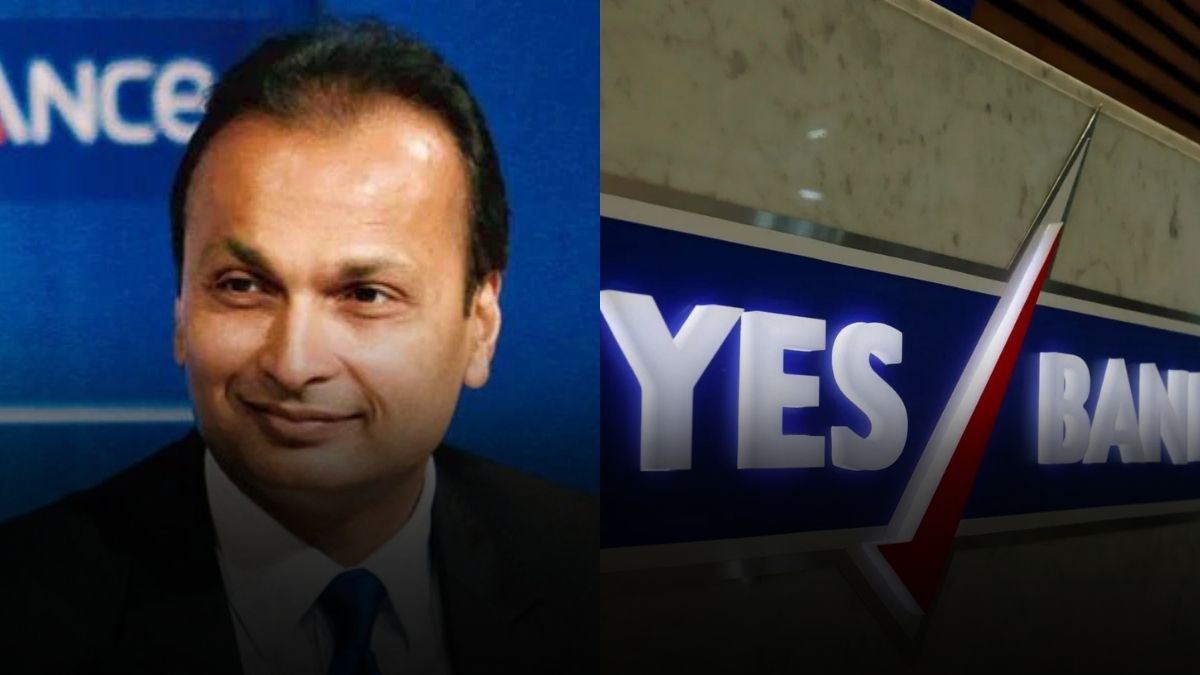Recently, India’s Enforcement Directorate (ED) carried out a large-scale investigation involving the Reliance Group led by Anil Ambani. This probe is centered on allegations of a ₹3,000 crore bank loan fraud linked to Yes Bank loans given between 2017 and 2019. The events have shaken the corporate world and grabbed public attention, as they raise serious questions about financial practices and corporate governance.
What Happened?
On July 24, 2025, the ED conducted raids at over 35 locations connected to Anil Ambani’s group companies, covering about 50 firms and questioning more than 25 people. The investigation focuses on suspicions that loans from Yes Bank worth around ₹3,000 crore were diverted illegally and possibly laundered.
The Core Allegations
- Illegal Loan Diversion: The ED suspects that loans meant for certain business activities were diverted through a web of related companies, including suspected shell companies. Instead of being used for their stated purposes, funds were allegedly siphoned off in ways that hid their trail.
- Bribery Nexus: Evidence suggests that just before large loans were sanctioned to Ambani group companies, promoters of Yes Bank supposedly received money in their own firms. This points to a possible “bribe-for-loan” deal where bank officials might have been influenced to approve loans without proper checks.
- Violation of Bank Rules: Several loans were reportedly approved with backdated paperwork, without necessary due diligence or proper credit assessment. Some loans were disbursed even before formal approvals, indicating serious lapses or deliberate manipulation.
- Red Flags in Borrower Profiles: Some of the borrowing companies had weak financial status, shared common addresses or directors, and lacked proper documentation — all typical signs that raise suspicion of fraudulent activities.
Background Context
The probe is connected to earlier CBI FIRs and investigations by regulatory bodies like SEBI and the National Housing Bank. Reliance Communications—a key Ambani group company—was declared a fraud account by State Bank of India (SBI) in recent years and has been undergoing bankruptcy procedures.
Reactions from the Reliance Group
Reliance Power and Reliance Infrastructure have clarified that they are not involved in the ongoing investigation and the raids pertain to older issues related to other group companies. They emphasized that the current operations and governance of their businesses remain unaffected.
Why Is This Important?
- Impact on Public Trust: Alleged misuse of such large bank loans can undermine confidence not only in the companies involved but also in the financial system and lending institutions.
- Corporate Governance Lessons: The case highlights the need for transparent business practices, strict internal controls, and vigilant regulatory oversight to prevent misuse of public funds.
- Strengthening Regulatory Enforcement: The ED’s prompt and widespread raids show that even complex financial frauds can come under scrutiny and that authorities are willing to take serious action.
What Happens Next?
The investigation is ongoing. More details and evidence will emerge as the ED continues to question individuals and analyze financial records. The case may influence how banks screen large loan applications and increase demands for accountability from corporate borrowers.
Conclusion
The ₹3,000 crore fraud allegations against Anil Ambani’s Reliance Group underline the challenges India faces in tackling financial misconduct. For students and observers of corporate affairs, this case is a reminder of the vital importance of ethics, transparency, and good governance. As the probe unfolds, it will serve as a crucial lesson in protecting public money and ensuring sound business practices.







